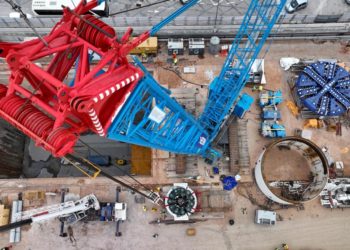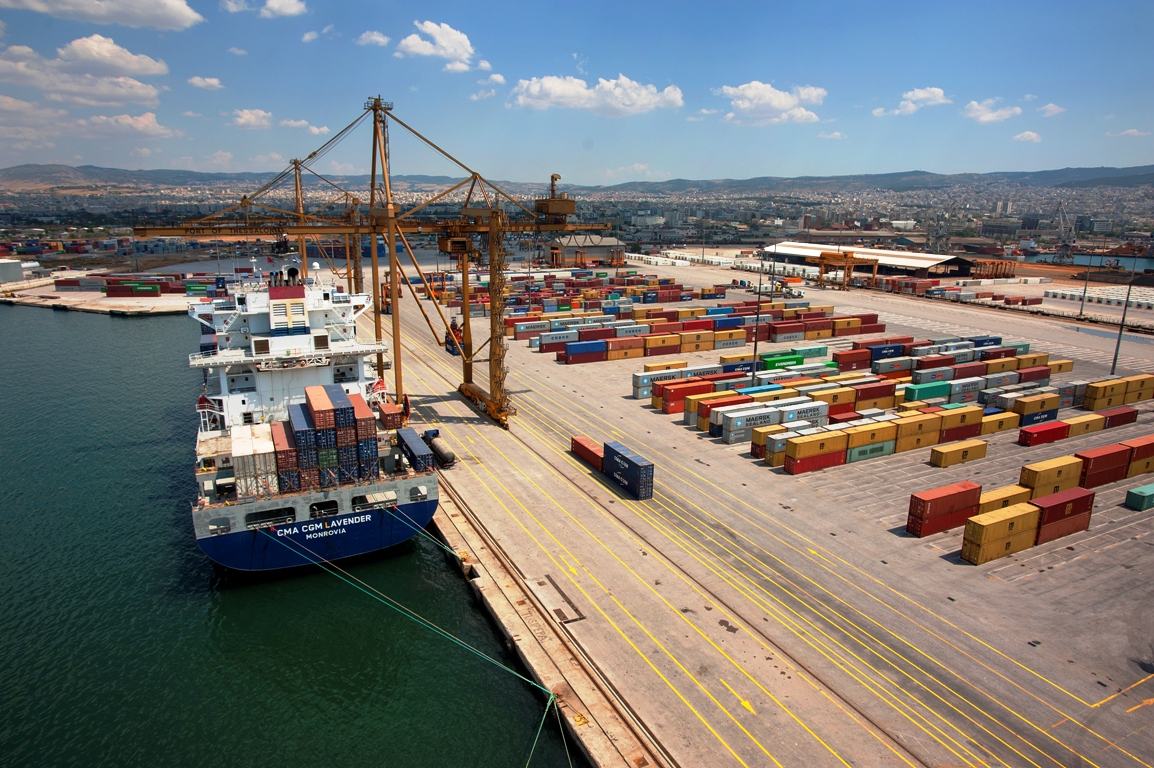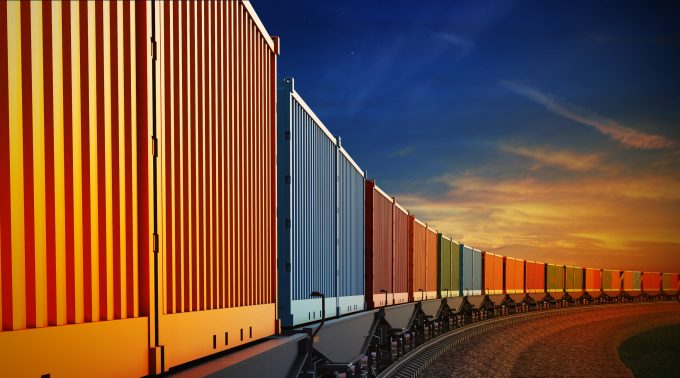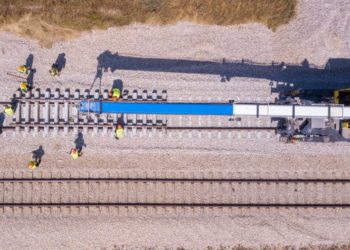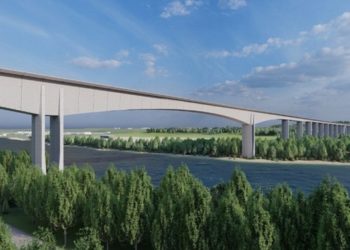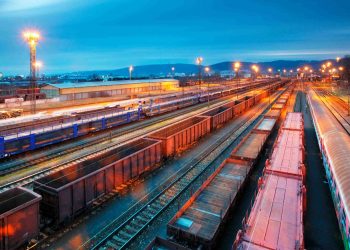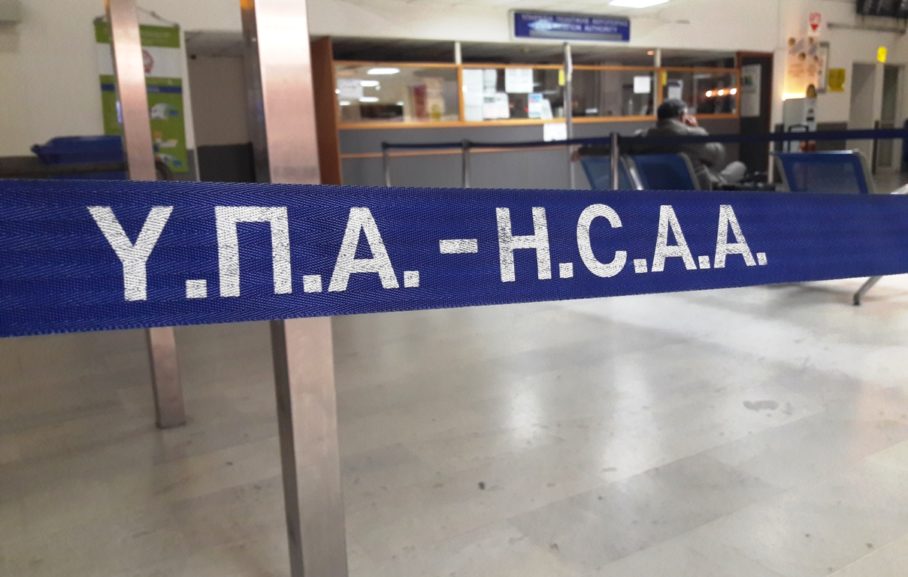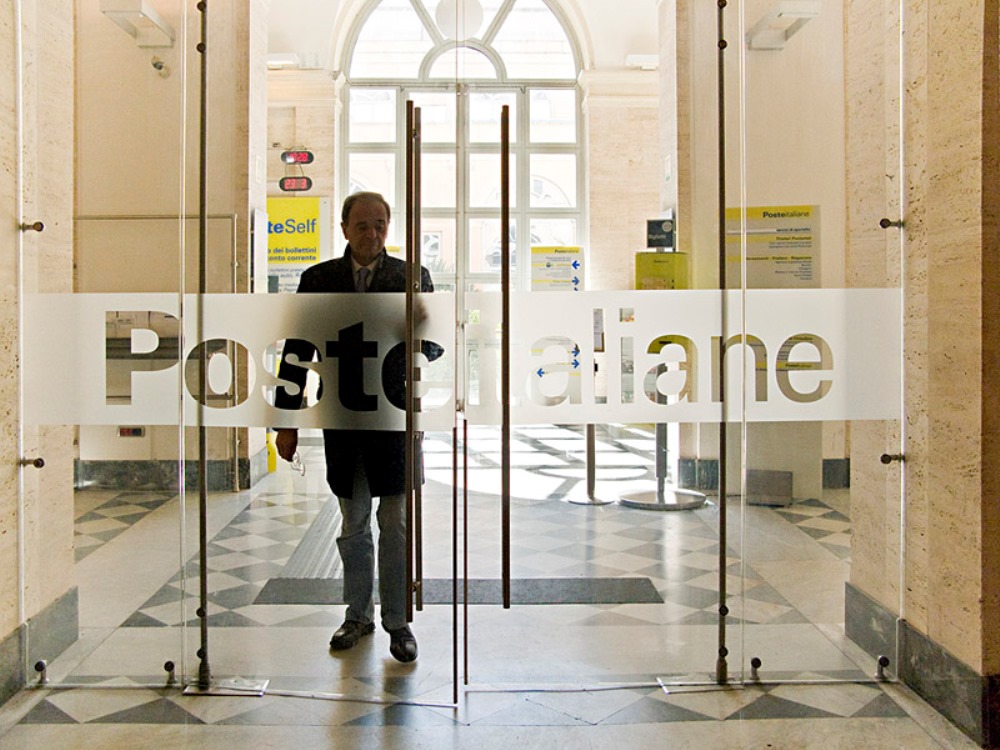A collaboration agreement for the development of a multiple-unit able to operate on either hydrogen or battery power was announced by Vivarail and fuel cell specialist Arcola Energy on May 8. The companies said they ‘share a determination to help de-carbonise the UK’s transport system’.
A diesel version of Vivarail’s Class 230 multiple-unit produced using the bodies and bogies of withdrawn London Underground trainsets recent entered passenger service with West Midlands Trains, and a battery version has also been tested.
Arcola Energy has experience of supplying fuel cell power systems for electric vehicles, primarily buses. CEO Bed Todd said the trial with Vivarail was ‘a great opportunity to see our technology, already proven in road transport, make the transfer to rail to help accelerate the adoption of zero-emissions and low carbon trains’.
The companies hope to begin proof-of-concept testing at Vivarail’s manufacturing facility in late 2019 or early 2020, drawing on technology developed for the battery version of the Class 230.
The planned test train would be almost identical to the diesel-battery hybrid Class 230 units which Vivarail is currently building for Transport for Wales. It will have two cars, one with two battery modules and the other with the fuel cell and tanks. The batteries and fuel cells would be mounted underneath the vehicles to take advantage of Vivarail’s modular power pack design.
Vivarail envisages that production hydrogen trains would have four cars, with two battery driving motor cars and two intermediate cars housing the fuel cell and tanks.
(Railway Gazette)

